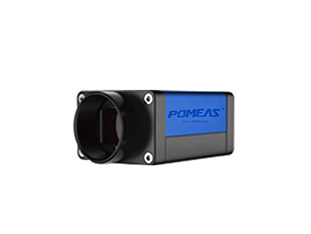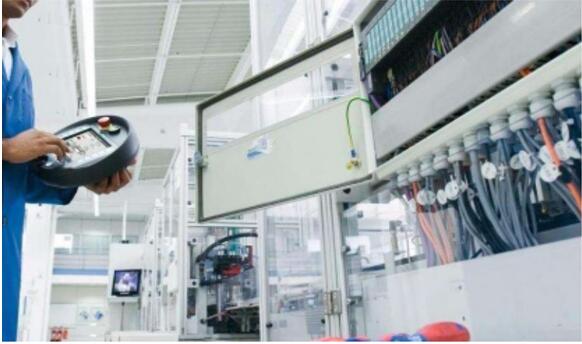
The pixels of an industrial camera by themselves do not directly affect the focusing function. Focusing is largely dependent on the camera's lens and focusing system, not the number of pixels. However, pixels are closely related to image quality, detail capture, and resolution, factors that do not directly affect focusing but do affect the sharpness of the captured image.


The following is a detailed explanation of the relationship between pixels and focus in industrial cameras:
Pixels and Image Quality: A pixel is the smallest unit in an image and is used to represent the detail and clarity of an image. More pixels mean higher resolution and richer detail. This does not mean, however, that the greater the number of pixels, the more accurate the focus will be. Focusing is the job of the lens and the focusing system and is not directly related to the number of pixels.
Focusing system: The focusing system of an industrial camera is usually based on autofocus or manual focus. An autofocus system measures the distance between the lens and the subject and automatically adjusts the focal length of the lens to achieve a clear image. Manual focus, on the other hand, requires the user to manually adjust the focal length of the lens. These focusing processes are independent of the number of pixels.
Lens Quality: The quality of the lens is a key factor in focusing performance. High-quality lenses have better optical performance and a more accurate focusing mechanism, providing clearer and sharper images. Therefore, when choosing an industrial camera, you should focus on the quality and performance of the lens in addition to the number of pixels.
Pixels and Image Noise: While the number of pixels itself does not affect focusing, too high a pixel density may lead to an increase in image noise. When the size of the sensor remains constant while the number of pixels increases, each pixel becomes smaller, resulting in an overly dense spacing between pixels. This may lead to a decrease in the number of photoelectrons and an increase in the rise and fall, resulting in image noise during photoelectric signal conversion. However, this is not directly related to focusing performance.


The number of pixels in an industrial camera does not in itself directly affect the focusing function. Focusing is largely dependent on the camera's lens and focusing system. However, the number of pixels is closely related to image quality, detail capture and resolution, which do not directly affect focusing but do affect the sharpness of the captured image.
Product recommendation
TECHNICAL SOLUTION
MORE+You may also be interested in the following information
FREE CONSULTING SERVICE
Let’s help you to find the right solution for your project!

- APPICATION CASE
- RESOURCE CENTER
- DOWNLOAD CENTER
SOLUTIONS SUPPORT
- ZOOM LENS SELECTION TOOL
- TELECENTRIC LENS SELECTION TOOL
- FA LENS SELECTION TOOL
- ZOOM RATIO TABLE
- CERTIFIED MODEL
SELECTION TOOL
- WHY POMEAS
- FAQ
- PRIVACY POLICY
- TERMS OF USE
- DELIVERY & RETURN POLICY
CUSTOMER CARE
 ADDRESS
ADDRESS
Add.:No.68, Chongwei Road, Baizhoubian, East district, Dongguan, China, 523000
CONTACT
 Tel:+ 86-0769-2266 0867
Tel:+ 86-0769-2266 0867
 Fax:+ 86-0769-2266 0867
Fax:+ 86-0769-2266 0867
 E-mail:marketing@pomeas.com
E-mail:marketing@pomeas.com

Wechat QR code

 ASK POMEAS
ASK POMEAS  PRICE INQUIRY
PRICE INQUIRY  REQUEST DEMO/TEST
REQUEST DEMO/TEST  FREE TRIAL UNIT
FREE TRIAL UNIT  ACCURATE SELECTION
ACCURATE SELECTION 